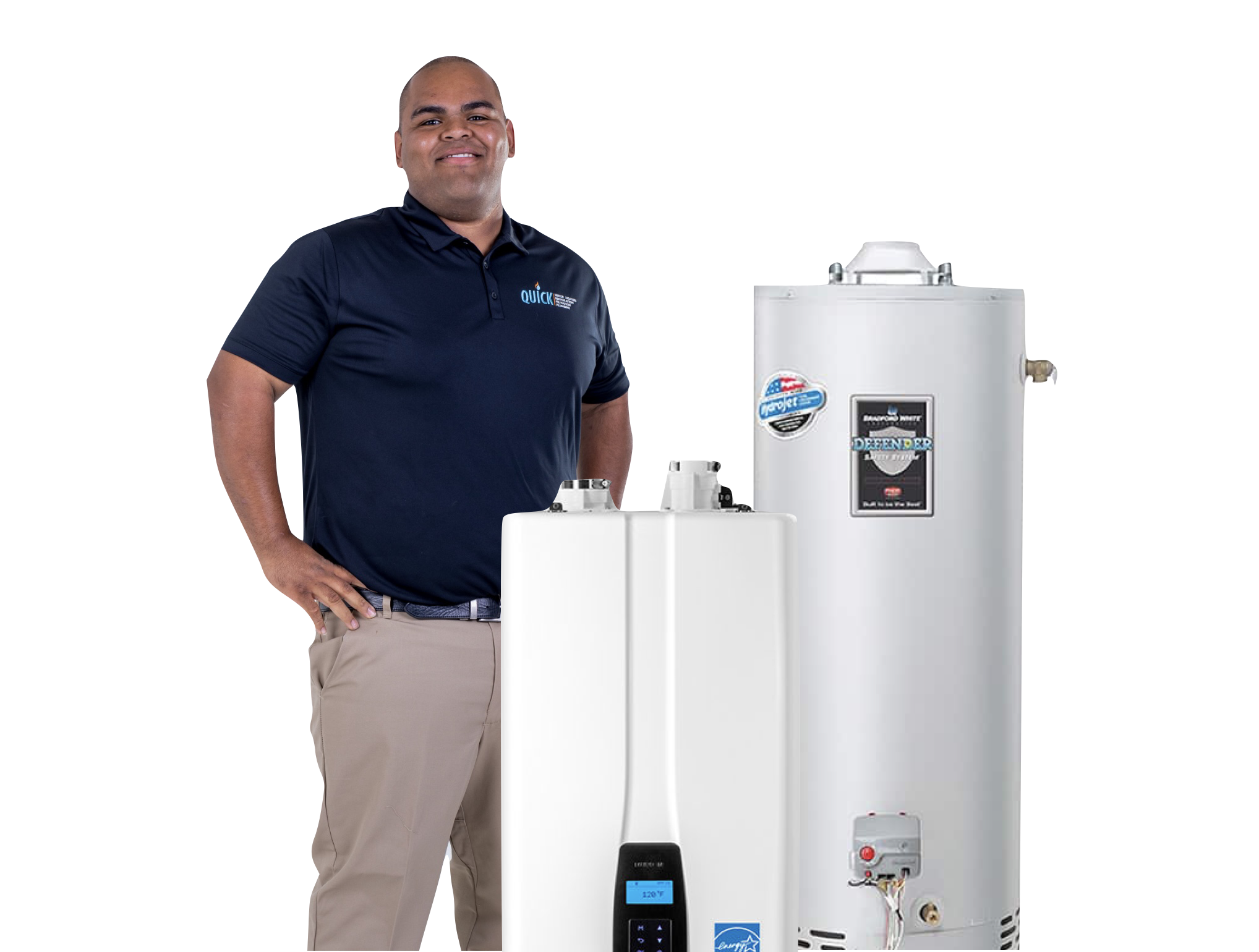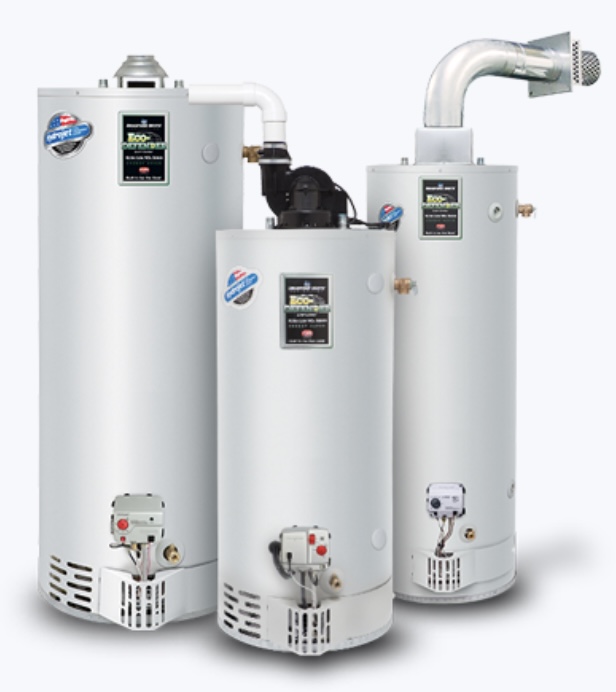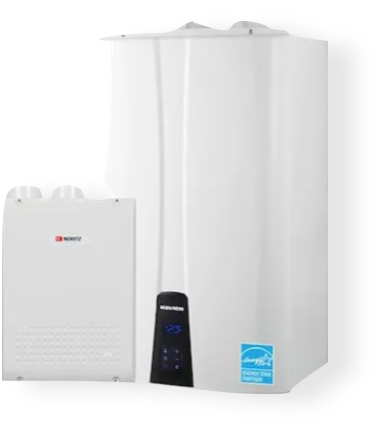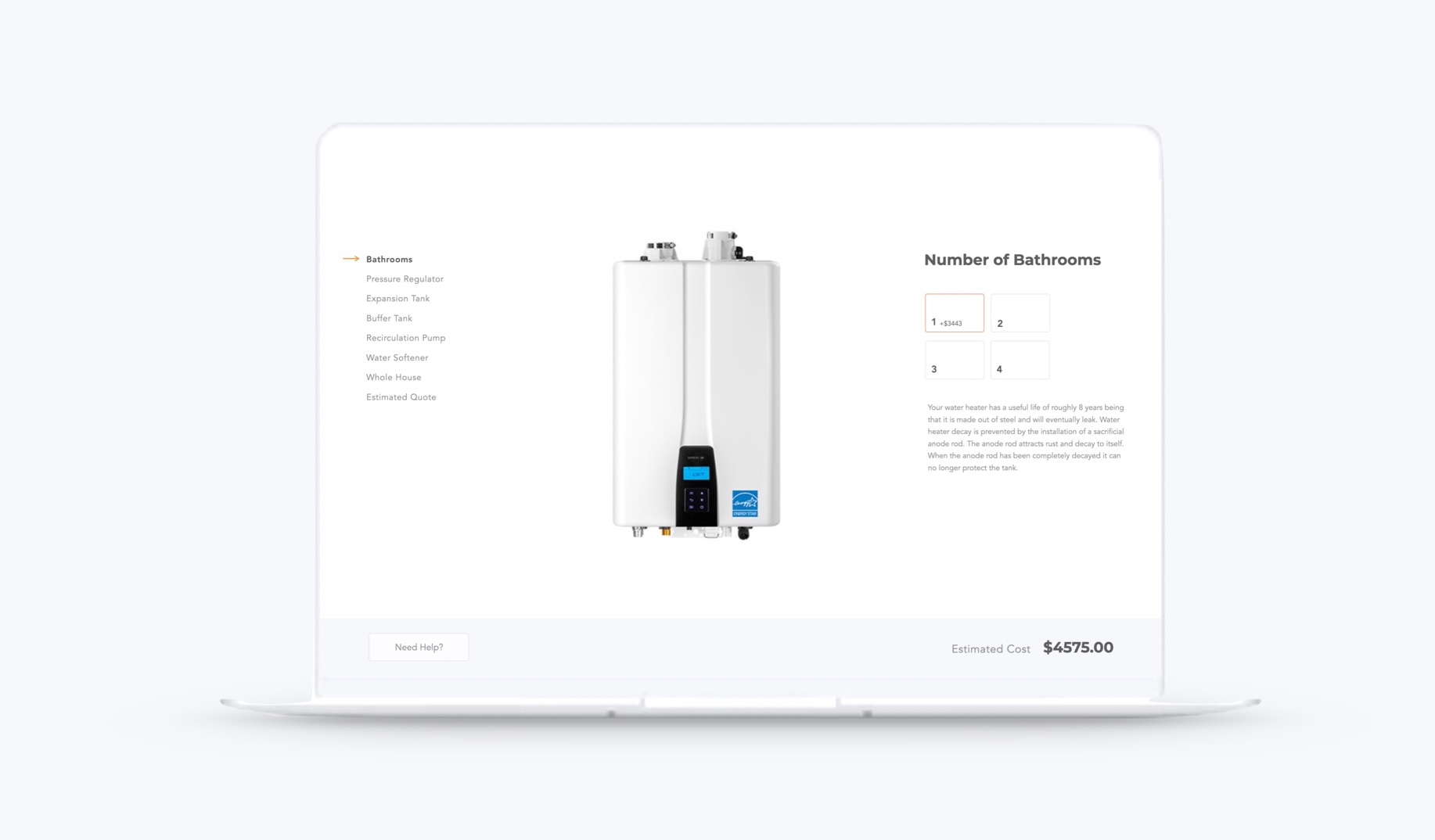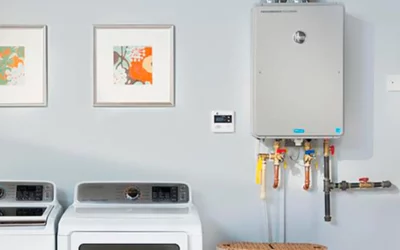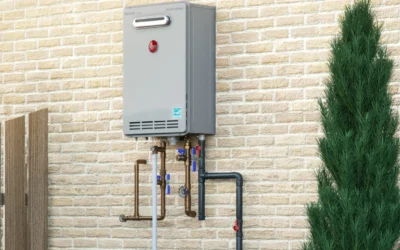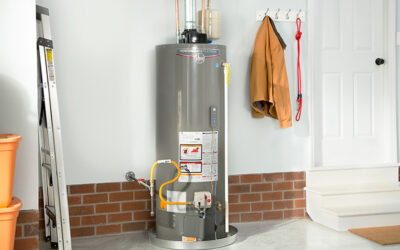If you are experiencing issues with your water heater, it is important to be aware of the signs that indicate the need for repair. These signs can include inconsistent or insufficient hot water, strange noises coming from the water heater, and leaks or water pooling around the unit. By recognizing these signs, you can take the necessary steps to address the problem and ensure your water heater is functioning properly.
Common Signs of Water Heater Problems
There are several common signs that indicate you may be experiencing water heater problems, such as inconsistent or insufficient hot water, strange noises coming from the water heater, and leaks or water pooling around the unit.
1. Inconsistent or Insufficient Hot Water
If you experience inconsistent or insufficient hot water in your home, it may be a sign that your water heater is in need of repair. This could be caused by a variety of issues, such as a malfunctioning thermostat, a buildup of sediment in the tank, or a faulty heating element. To address this problem, you should first check the thermostat settings on your water heater to ensure they are set correctly. If the settings are correct and you still have issues with hot water, it is recommended to contact a professional water heater repair service. They will be able to diagnose the problem and make any necessary repairs to restore your hot water supply.
2. Strange Noises Coming from the Water Heater
If you hear strange noises coming from your water heater, it could be a sign that there is a problem. Strange noises can include banging, popping, or rumbling sounds. These noises may indicate that there is sediment buildup in the tank, which can cause the water heater to work inefficiently and potentially lead to damage. It is important to address this issue promptly to prevent further damage to the water heater and ensure it operates effectively.
3. Leaks or Water Pooling around the Water Heater
Leaks or water pooling around the water heater can be a clear sign that there is a problem with your water heater. If you notice any water accumulating around the unit or if you see visible leaks, it is important to address the issue promptly. This could indicate a faulty valve, pipe, or tank, which may require professional water heater repair. Ignoring leaks or water pooling can lead to further damage, such as water damage to your home or even mold growth. Therefore, it is essential to call a professional to assess and fix the issue as soon as possible.
Signs of a Failing Water Heater
When it comes to signs of a failing water heater, there are a few key indicators to look out for. These include the age of the water heater, rusty or discolored water, and high energy bills. If you notice any of these signs, it may be time to consider repairing or replacing your water heater.
4. Age of the Water Heater
One of the signs that your water heater may be in need of repair is the age of the unit. Over time, water heaters can become less efficient and more prone to problems. On average, a water heater typically lasts around 8 to 12 years. If your water heater is approaching or exceeding this age range, it may be time to consider replacing or repairing it. Older water heaters are more likely to experience issues such as leaks, inconsistent hot water, or high energy bills. It is important to have a professional assess the condition of your water heater and provide recommendations for repair or replacement based on its age and overall performance.
5. Rusty or Discolored Water
If you notice rusty or discolored water coming from your taps, it may be a sign that your water heater is failing. This could indicate that the inside of the water heater tank is corroding, causing rust particles to mix with the water. Rusty or discolored water can also be a result of sediment buildup in the tank. It is important to address this issue promptly as it can affect the quality of your hot water and potentially lead to further damage to your water heater. Consider contacting a professional water heater repair service to assess and resolve the problem.
6. High Energy Bills
If you’ve noticed a significant increase in your energy bills, it could be a sign that your water heater is not functioning properly. A water heater that is not operating efficiently may require more energy to heat the water, resulting in higher energy bills. This increase in energy consumption can be caused by various issues, such as a faulty thermostat, sediment buildup in the tank, or a malfunctioning heating element. If you’re experiencing unusually high energy bills, it’s recommended to have your water heater inspected by a professional to identify and address any underlying problems.
When to Call for Professional Water Heater Repair
If you are experiencing any of the issues mentioned above, it is important to know when to call for professional water heater repair. Quick Water Heater, one of the top-rated water heater installation, replacement, and repair service companies in San Diego County, can provide the expertise and assistance you need. With transparent pricing and a commitment to delivering the highest quality of service, you can trust us to address your water heater problems effectively.
7. Water Heater Pilot Light Keeps Going Out
If your water heater pilot light keeps going out, it could be a sign of a problem with your water heater. The pilot light is responsible for igniting the burner and keeping the water in the tank heated. If it keeps going out, it could be due to a faulty thermocouple, a dirty or clogged pilot tube, or a lack of sufficient gas supply. It’s important to address this issue promptly as a constantly extinguished pilot light can lead to a lack of hot water and potential safety hazards. It is recommended to call a professional water heater repair service to diagnose and fix the issue.
8. Smelly or Foul-Tasting Hot Water
If you notice that your hot water has a smelly or foul taste, it may be a sign that your water heater is in need of repair. This unpleasant odor or taste can be caused by a buildup of bacteria or sediment in the tank. To address this issue, it is recommended to call for professional water heater repair. A trained technician will be able to assess the problem and determine the best course of action to restore your water heater to proper functioning.
9. Sudden Drop in Water Pressure
If you experience a sudden drop in water pressure, it could be a sign that your water heater is in need of repair. A decrease in water pressure can indicate a blockage or a malfunctioning component within the water heater system. It is important to address this issue promptly as it can affect the performance and functionality of your water heater. Contacting a professional water heater repair service is recommended to diagnose and resolve the problem.
FAQ
In the FAQ section, you will find answers to common questions about water heater repair, such as how often to have it inspected, whether it can be repaired by oneself, the typical lifespan of a water heater, whether it is normal for it to make noise, and what to do in case of a water leak near the water heater.
1. How often should I have my water heater inspected?
It is recommended to have your water heater inspected annually to ensure proper functioning and identify any potential issues.
2. Can I repair my water heater on my own?
While it may be possible for some individuals to repair their water heater on their own, it is generally recommended to call a professional for water heater repairs to ensure the job is done correctly and safely.
3. How long does a water heater typically last?
A water heater typically lasts around 10-15 years, but this can vary depending on factors such as usage, maintenance, and water quality.
4. Is it normal for a water heater to make noise?
It is not abnormal for a water heater to make noise, but certain strange or loud noises may indicate a problem with the unit that requires attention from a professional.
5. What should I do if I notice a water leak near my water heater?
If you notice a water leak near your water heater, it is important to take immediate action to prevent further damage and potential flooding.


